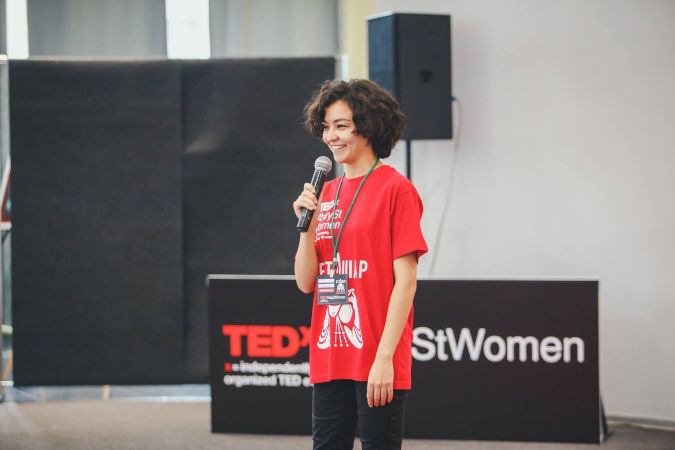Take five: “Gender equality means to empower women and girls with opportunities to reach their potential”
Date:

2020 marks the 25th anniversary of the Beijing Delegation and Platform for Action to empower women and girls. What do you think drove this agenda?
The Beijing agenda came about because conditions for women and girls in many countries remain unsafe and unfavourable. Too often women and girls are victims – in war and peace. They have few opportunities for professional development. Investments in them are low, with limited access to education. All of these factors underpin the specific Beijing initiatives to improve women and girls’ lives.
What key gender equality issues intrinsic to our region would you bring to our heads of state’s attention?
Gender stereotypes inhibit the development of women in our country and region. They remain the root cause of why women have fewer opportunities. From cradle to grave our cultural traditions view girls and women as being less desirable. At birth, they are still given names like Ulbolsyn, which in the Kazakh language means ‘let there be a son,’ and Ultu, which is ‘give birth to a boy.’ With low investments in their education, the labour market is reluctant to offer them executive and leadership positions. Female potential is overlooked, and women are seen only as mothers or wives. If our heads of state wanted to turn the situation around and achieve the sustainable development for their country, they should think hard about how to uproot such stereotypes.
No country in the world can claim it’s achieved gender equality. Legal and cultural hurdles remain. What steps should your country take to advance gender equality by 2030 as a commitment under the Sustainable Development Goals (SDGs)?
Setting gender equality as a priority means to empower half of the population – women and girls – to enjoy all opportunities and rights to realize their potential. The government could adopt quotas and make specific investments to advance girls and women; after all, men are afforded opportunities and trust simply because of their gender. Women entrepreneurs are concentrated in micro-enterprises in Kazakhstan. If the government offered additional programs and support, then more women could expand their businesses into small, medium and large-scale businesses, and contribute to the sustainable development of the country’s economy.
Are there any changes that have entirely reshaped the situation in gender equality and the status of women and girls in Europe and Central Asia over the last years?
There certainly are. Changes have taken place in science, media and the economy. Science has proven there is no "female" and "male" brain, and, therefore, there is no specific female predestination or role. Such a concept is a social construct.
Also, feminism and women's rights are finally visible in the media. In the past, media presented a stereotypical image, and its persistent female objectification reinforced public perceptions of what a woman should be. Now the media presents different role models and prominent women with varying backgrounds. This has helped to change the general discourse about women.
What would you advise the new generation of activists who are now 25?
Feminists should focus on creating a supportive environment for themselves – in the family, in activism, at work, everywhere, because the challenge remains to demonstrate that women must have equal rights with men. Don’t be scared to share your vision. Don’t be scared to be passionate.

This story is part of the regional media campaign “12 voices. 12 journeys. 12 women from 12 Europe and Central Asia countries”. Passionate about gender equality and women`s rights, explore aspects of the 12 critical areas of the Beijing Platform for Action: poverty; education and training; health; violence; armed conflict; economy; power and decision-making; institutional mechanisms; human rights; media; environment; and the girl child. On the eve of 2020 and the 25th anniversary of the 1995 Beijing Declaration and Platform for Action, these 12 women are reimagining economies, societies and political systems to achieve gender equality. Imagine a world where gender equality is the norm. These women do.